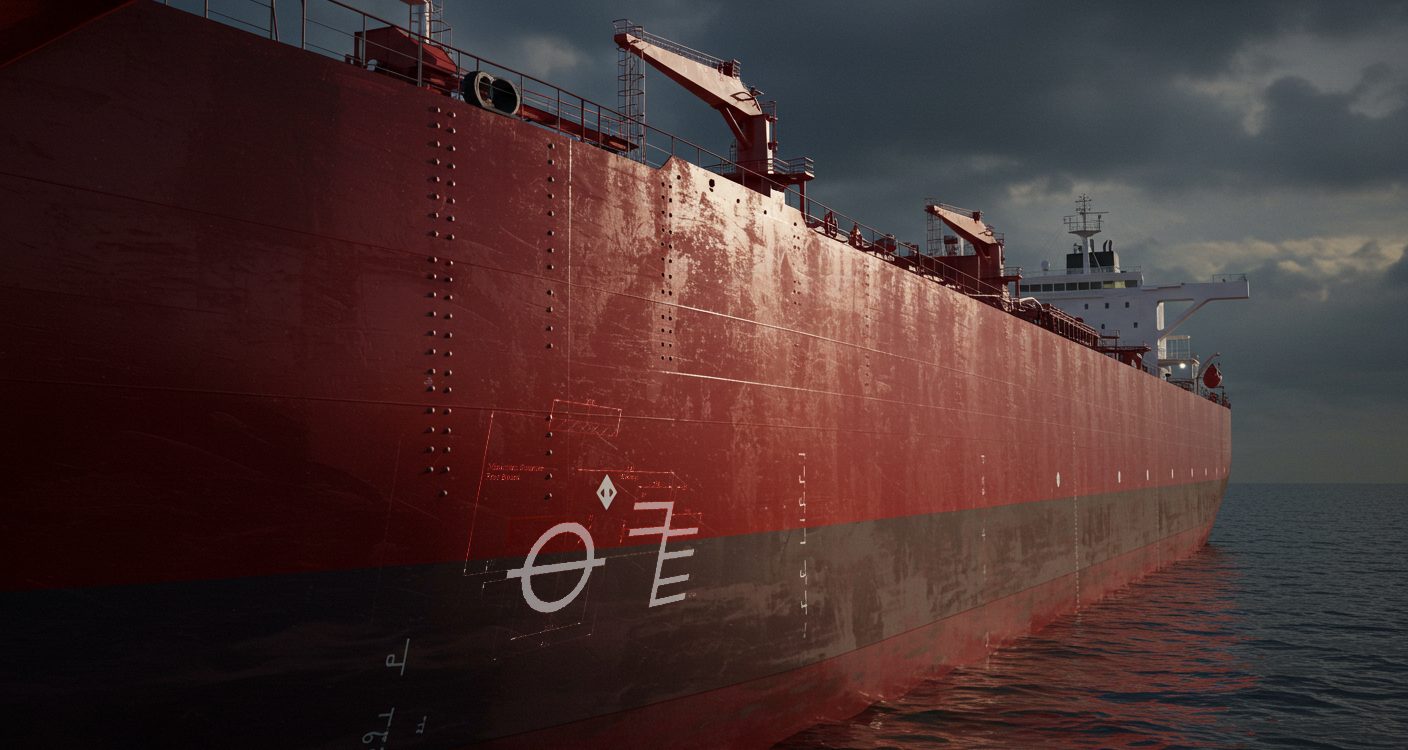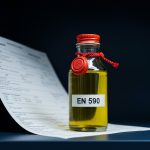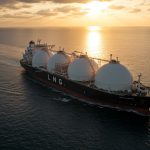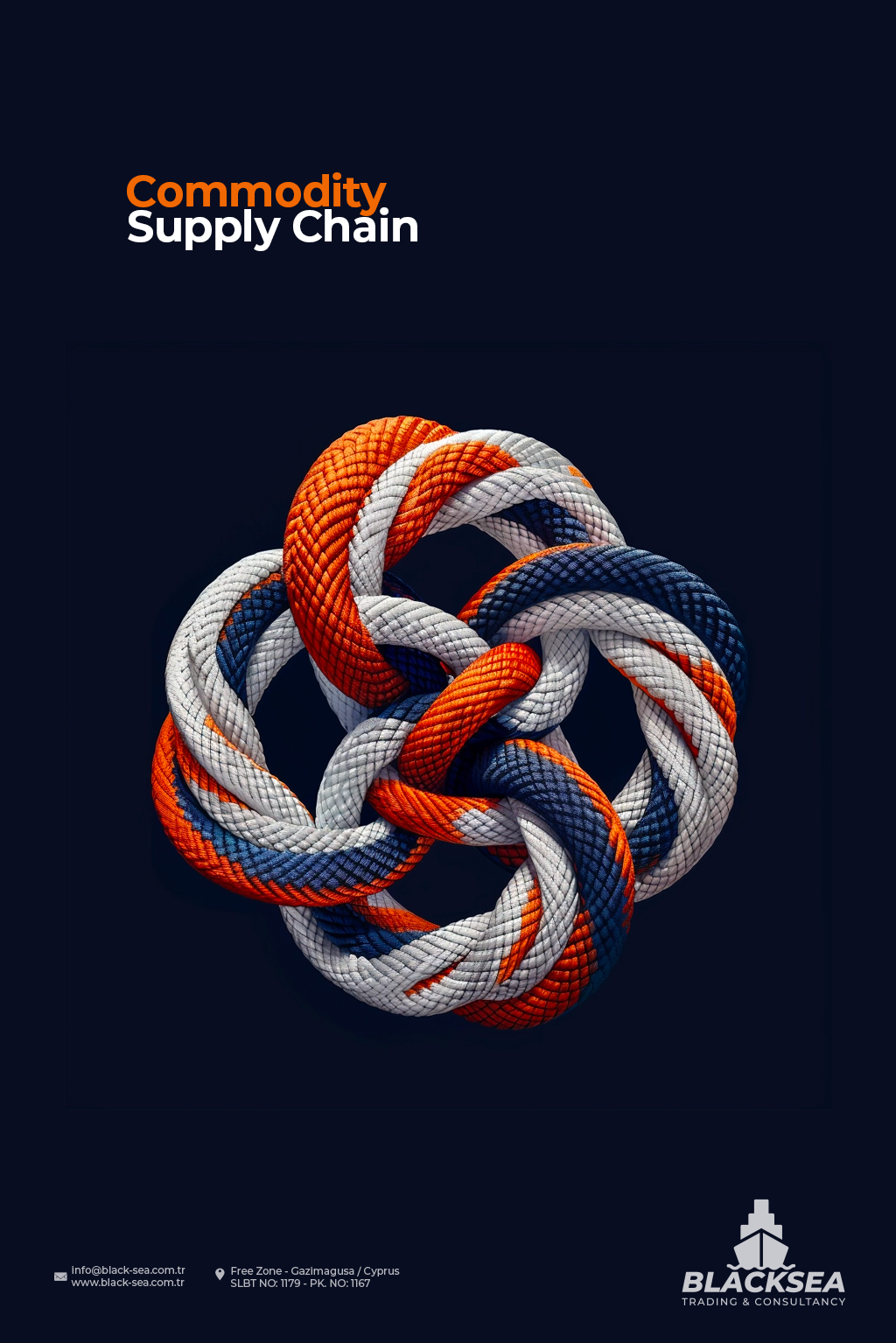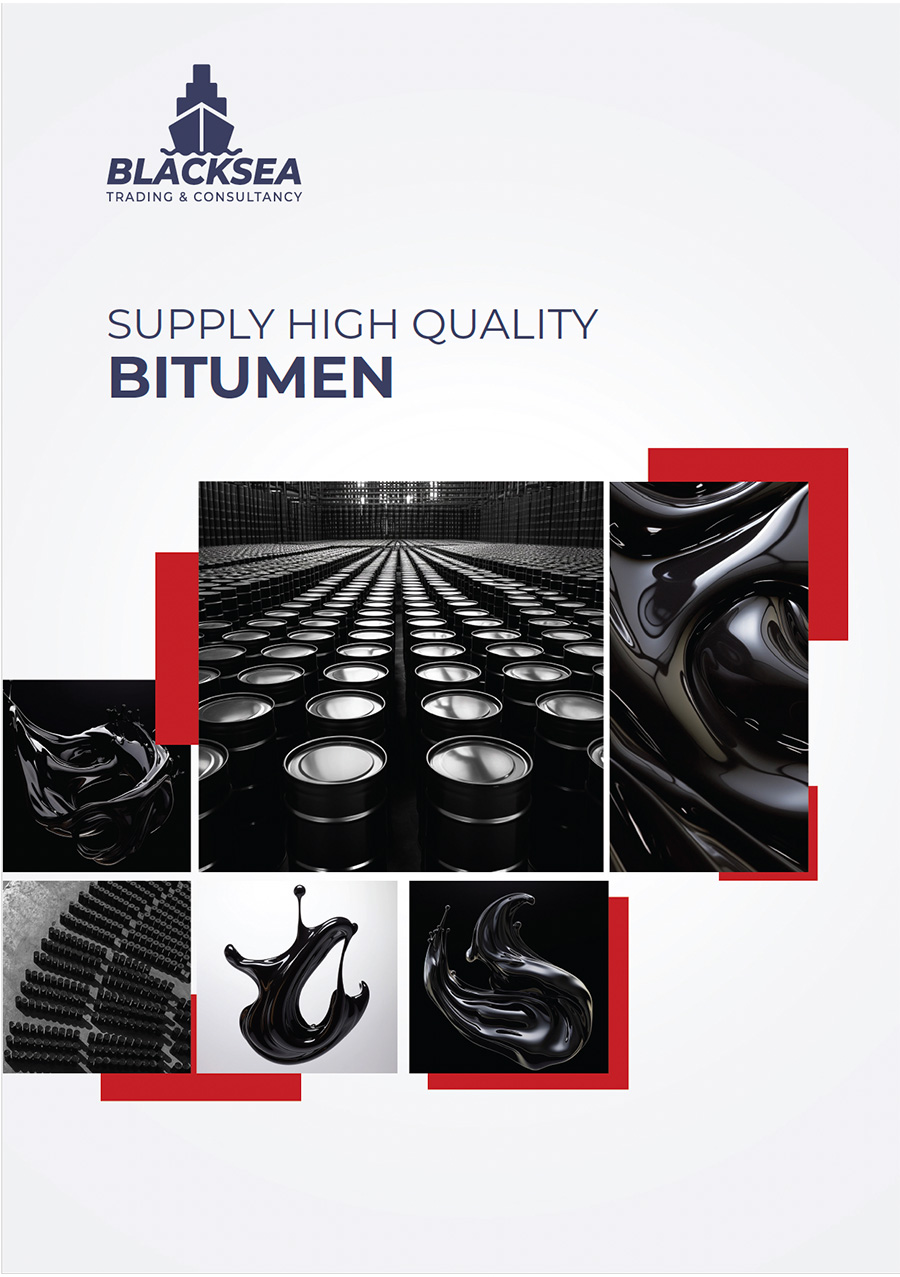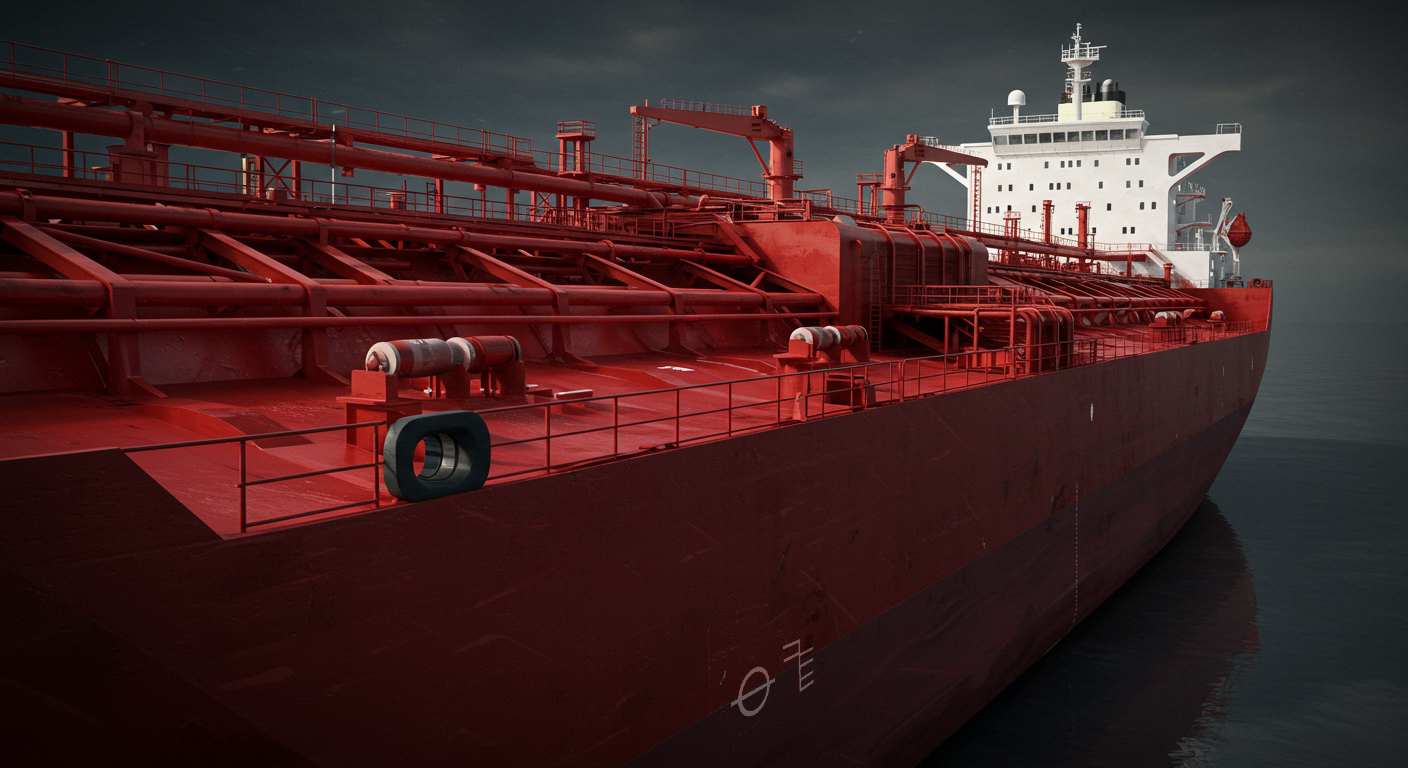
In the world of maritime oil transportation, numbers rule everything. From determining how much crude has been loaded to resolving disputes at discharge ports, precise petroleum calculations are the backbone of the tanker industry. But while the math may seem technical, its purpose is simple: to ensure everyone—seller, buyer, and transporter—speaks the same language when it comes to oil volumes and weights.
This article sheds light on the key definitions and concepts behind petroleum calculations used onboard tankers and at terminals.
Why Accuracy in Oil Measurements Matters
When crude oil or petroleum products are stored and transported, environmental factors such as temperature, pressure, and sediment content can cause fluctuations in measured volumes. A barrel of oil loaded at a hot port may shrink significantly when it reaches a cooler destination. That’s why standardization is critical.
To maintain transparency and fairness in trade, the oil and shipping industries rely on established standards—most notably those from API (American Petroleum Institute) and ASTM (American Society for Testing and Materials). These frameworks help convert observed measurements into universally accepted values.
Core Petroleum Measurement Terms Simplified
Here are some foundational terms that professionals working with oil cargoes must understand:
Total Observed Volume (TOV):
This is the total liquid volume measured in the tank, including any free water, at the current temperature. It’s the first, raw figure obtained during cargo inspection.
Gross Observed Volume (GOV):
Subtracting free water from TOV gives you the GOV, which represents the volume of actual oil at the measured temperature.
Gross Standard Volume (GSV):
To standardize comparisons across different ports and climates, the GOV is converted to a reference temperature (typically 60°F or 15°C), resulting in the GSV. This eliminates the effect of temperature expansion or contraction.
Net Standard Volume (NSV):
This figure reflects the pure product—it’s the GSV minus bottom sediment and water (BS&W). This is the final usable oil volume considered in financial transactions.
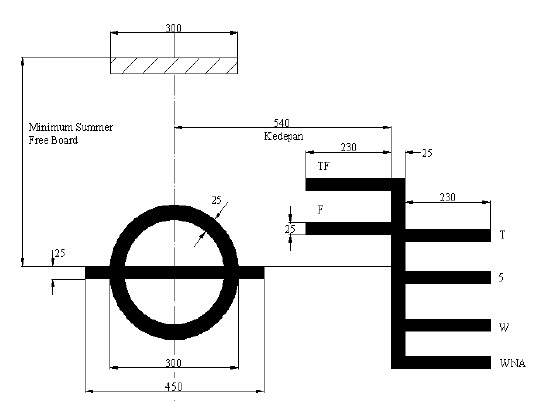
API Gravity:
A key indicator of oil quality, API gravity tells us how light or heavy a petroleum product is compared to water. Light crudes (higher API values) often fetch a better price due to higher yield potential.
Weight in Air vs. Weight in Vacuum:
Both values represent cargo mass, but with slight variation. “Weight in air” considers atmospheric buoyancy, while “weight in vacuum” removes that effect. Depending on contractual agreements, either value may be used.
Industry Tools that Support Precision
To carry out these calculations, industry professionals use conversion tools such as:
- Volume Correction Factors (VCF)
- CTL (Correction for Temperature on Liquid)
- CPL (Correction for Pressure on Liquid)
These are often referenced from API tables and integrated into software used during loading and discharge operations.
Behind Every Drop, There’s a Calculation
Accurate petroleum calculations are about more than just numbers—they are about protecting value, building trust, and maintaining operational integrity. A deep understanding of these terms and formulas enables tanker operators, inspectors, and traders to minimize errors, prevent losses, and ensure smooth transactions in one of the world’s most high-stakes industries.
So the next time a tanker pulls into port, remember: before the oil flows, the math must work.

Why Choose BLACKSEA TRADING COMPANY?
Quality Assurance: We ensure the highest quality standards for all our products, delivering reliability and excellence.
Competitive Pricing: Our commitment to fair and reasonable pricing ensures you get the best value for your investment.
Reliable Supply: Count on us for consistent and timely deliveries, maintaining seamless operations for your business.
Exceptional Service: Our team is dedicated to providing outstanding service, addressing your inquiries promptly and effectively.
Take this opportunity to optimize your sourcing strategy and benefit from our premium offerings. Please reach out to us at info@black-sea.com.tr to discuss your specific requirements or to place an order. We’re here to assist you in every step of the process.
We look forward to continuing our successful collaboration.

